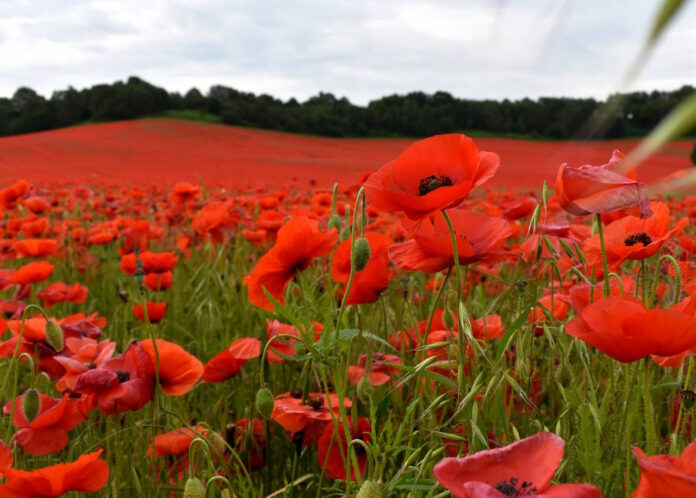Photo by Adam Jones on Unsplash
This year’s Remembrance Day is one of added significance as it ends the centenary commemorations of the First World War. As an Australian taxpayer I am thankful that the Great War, the conflict proclaimed as the war to end all wars, ran no more than the bloody four that it did.
In the past four years Australia has spent a whopping $552 million dollars remembering that century old conflict. $472 million of this was tax payer funded. Consider that expenditure against the claims that more money cannot be found for health, education and social services. Consider that expenditure against the fact that the cost of Australia’s remembrance, a nation that lost 62,000 men, is more than double that of New Zealand, Canada, United Kingdom, France and Germany combined whose war deaths totalled 5.633 million! By any measure Australia’s commemorative expenditure was outrageously excessive.
The question left is, why? The answer to that lies in the current fixation with the Anzac myth. Sadly, 11 November has been rolled into the chauvinistic narrative of Australian greatness that begins with the ‘glorious’ landing at Gallipoli and concludes with the ludicrous overblown claim that Australian victories under General Monash ‘won the war’ – a claim that I am sure would have been challenged by the combined millions of American, Belgian, British Empire and French troops who fought on other fronts.
The extolling of this contested and tenuous foundation myth has been a conservative cause celebre since John Howard’s ascension to the prime-ministership in 1996. It has been aided and abetted by the increased militarism of Australia since the war on terror began with the attack on the twin towers in New York in 2001, so much so that our remembrance is now too often wrapped in the cloak of crass nationalism.
It is entirely appropriate that the nation’s war dead be remembered. No greater sacrifice can be asked of any citizen than to give their life in the service of their country. However, it would be remiss of us to not, at the same time, reflect on the reasons given and decisions made that commit the country to war. If we are to honour the sacrifice of mostly young men made in war, then we should be prepared to challenge the necessity of those deaths with the honourable purpose of limiting the possibility of further loss in future wars.
Rather than accept and mouth automatic and somewhat pithy utterances such as “We remember them for giving us the freedoms we enjoy today” take time to analyse that statement. It’s fundamentally untrue. Even if we accept the necessity of Australian troops fighting in Europe in two world wars to defend democratic ideals, our freedoms were won within our own borders not without. It was on the back of trade unionism, the suffragette movement and progressive government that we enjoy our so-called freedoms of today (notwithstanding the grave injustices perpetrated against indigenous Australians). There is little historical evidence to suggest those freedoms have been or ever will be threatened by Koreans, Vietnamese, Iraqis, Afghans or Syrians. Our reasons for being implicated in wars in those countries had and have little to do with protecting our personal freedoms.
Moreover, if one considers the extent of public vilification and hounding unleashed against former SBS journalist Scott McIntyre and former ABC presenter Yassmin Abdel-Magied, for daring to critique the newly entrenched exalted Anzac orthodoxy then there is every reason to believe that our personal freedoms are more likely to be eroded from within rather than from distant foreign fields.
While we remember the tragedy of the deaths of so many of the nation’s men in the First World War – a greater tragedy because the war never averted future wars as intended – we should also not forget who those men were and the values they held. As one Australian army historian remarked to me at the time of the Gallipoli centenary, if the unknown soldier was awoken, he’d take one look around and go back to sleep as the vibrant multicultural Australia of today is not the white Australia he vowed to defend.
Equally, I suspect those diggers who survived would have considered the exorbitant expenditure on centenary commemoration money ill spent on remembering a war many of them spent the rest of their lives trying to forget.


